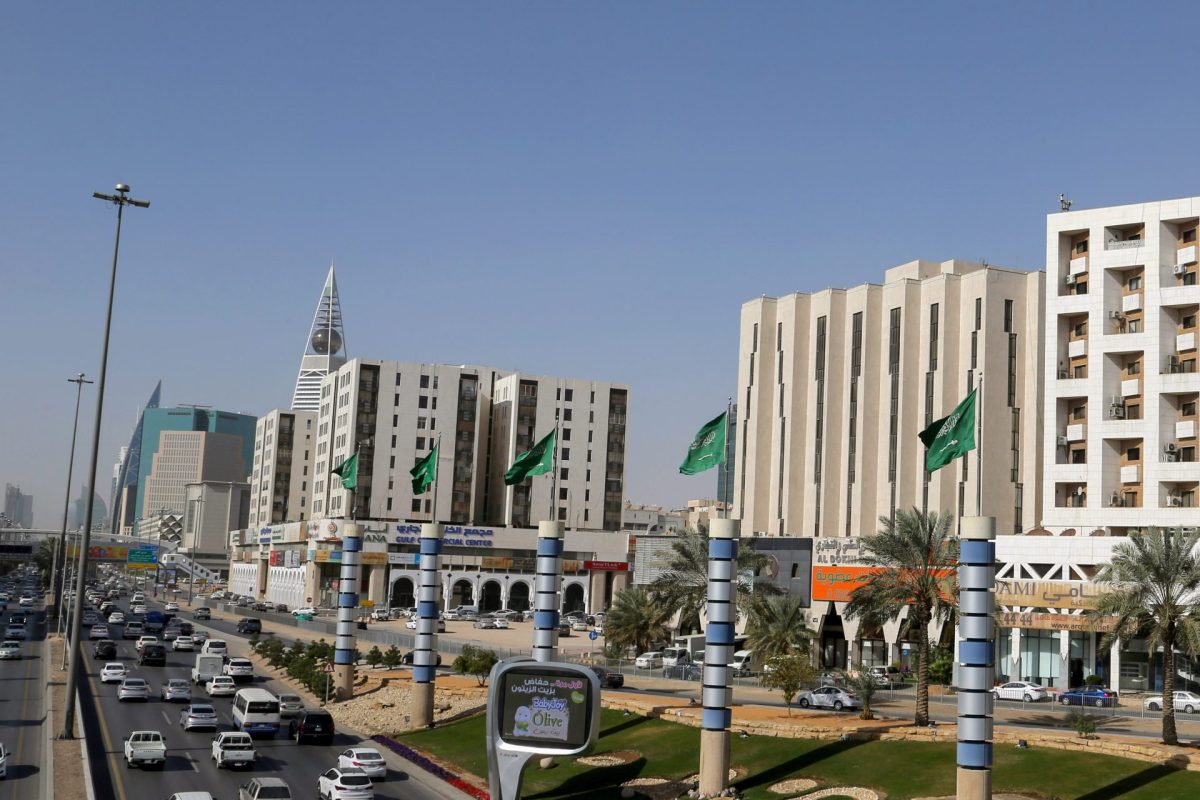Saudi Arabia is expected to tap the international debt markets to finance a projected budget deficit in 2023-2024, the finance ministry said, against a backdrop of lower oil prices and the country’s extended oil production cuts.
The finance ministry has announced in a preliminary budget statement that it expected a budget deficit of 2% of gross domestic product (GDP) this year rather than an earlier projected surplus, and a deficit of 1.9% of GDP in 2024.
Both deficits are estimated at 161 billion riyals ($43 billion).
Saudi Arabia is working to prepare an annual borrowing plan in accordance with a medium-term debt strategy and “access global debt markets to enhance the kingdom’s position in international markets”, the finance ministry added.
The country still depends heavily on oil revenues, even though it has spent heavily on initiatives to diversify its economy.
Some analysts have predicted the kingdom’s economy would shrink for the first time since 2020 at the height of the COVID-19 pandemic, although a hefty dividend from state oil producer Saudi Aramco (2222.SE) could offset some of the deficits.
Oil prices, which remain below last year’s average of $100 a barrel, rose above $90 after Riyadh said last month that it was extending a voluntary oil output cut of 1 million barrels per day until the end of 2023.
This has pushed total revenue estimates for 2023 up to 1,180 billion riyals from an earlier projection of 1,130 billion riyals, the finance ministry noted.
Total revenues are still below the 2022 levels of 1,268 billion riyals.
Meanwhile, total expenditure is seen rising to 1,262 billion riyals in 2023, from an earlier estimate of 1,114 billion riyals, before slowing down marginally to 1,251 billion riyals in 2024.
Despite strong growth in the non-oil economy, lower oil production and revenue this year impacted the kingdom’s 2023 GDP growth which the ministry revised down to 0.03% compared with a previous forecast of 3.1%. Non-oil GDP is expected to grow 5.9% in 2023.
“The higher spending targets released in the Saudi government budget indicates that domestic growth will remain strong,” said Mazen al-Sudairi, head of research at Al Rajhi Capital.
“The increase in spending should support the 4% growth in non-oil GDP next year.”
